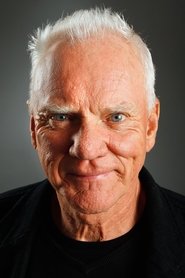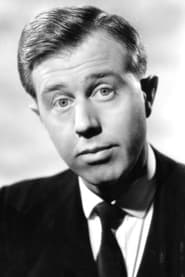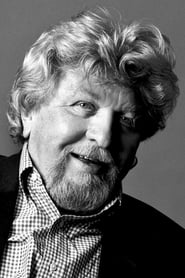
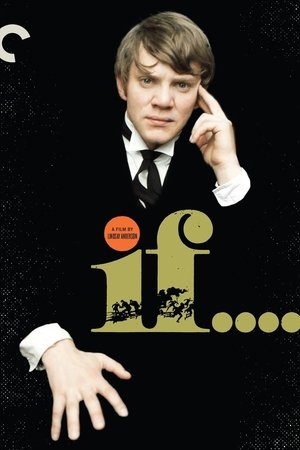
Cast & Crew: If....(2004)
Episode of the BBC Scotland television series focusing on Lindsay Anderson's 1968 film "If...", featuring interviews with star Malcolm McDowell, cinematographer Miroslav Ondříček, assistant editor Ian Rakoff, director’s assistant Stephen Frears, producer Michael Medwin, and screenwriter David Sherwin

Movie: Cast & Crew: If....
Top 7 Billed Cast
Self - Interviewee
Self - Interviewee

Cast & Crew: If....
HomePage
Overview
Episode of the BBC Scotland television series focusing on Lindsay Anderson's 1968 film "If...", featuring interviews with star Malcolm McDowell, cinematographer Miroslav Ondříček, assistant editor Ian Rakoff, director’s assistant Stephen Frears, producer Michael Medwin, and screenwriter David Sherwin
Release Date
2004-06-12
Average
0
Rating:
0.0 startsTagline
Genres
Languages:
EnglishKeywords
Similar Movies
Auge in Auge - Eine deutsche Filmgeschichte(de)
This is not merely another film about cinema history; it is a film about the love of cinema, a journey of discovery through over a century of German film history. Ten people working in film today remember their favourite films of yesteryear.
 6.4
6.4Hitler's Hollywood(de)
Film journalist and critic Rüdiger Suchsland examines German cinema from 1933, when the Nazis came into power, until 1945, when the Third Reich collapsed. (A sequel to From Caligari to Hitler, 2015.)
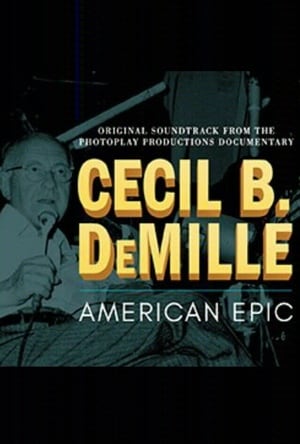 6.0
6.0Cecil B. DeMille: American Epic(en)
Documentary about the legendary American film director from his introduction to the film industry in its early years to his death in 1959.
James Bond Down River(en)
Promotional documentary filmed at the London East End Docklands area and River Thames for the filming of the opening boat chase for The World Is Not Enough (1999).
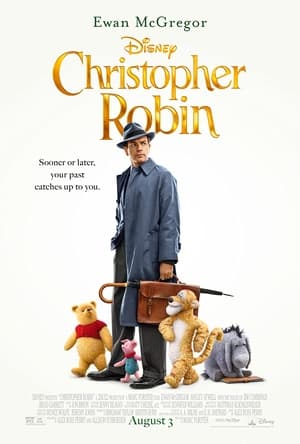 8.0
8.0A Movie Is Made For Pooh(en)
Behind the scenes documentary short for the movie "Christopher Robin".
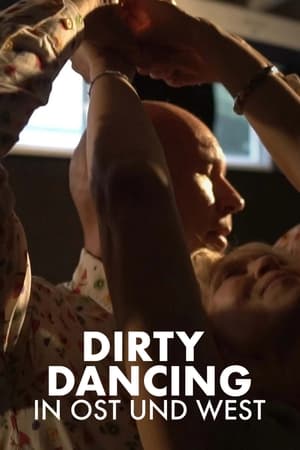 8.0
8.0Die Zeit meines Lebens - Dirty Dancing in Ost und West(de)
In 1987, a small film distributor from Frankfurt/Main brings the film "Dirty Dancing" to West German cinemas against all negative odds. The film becomes the hit of the year, in complete contrast to France, where foreign films have a hard time against the local film landscape.
Comrades in Dreams(de)
Four lives that could not be more different and a single passion that unites them: the unconditional love for their cinemas, somewhere at the end of the world. Comrades in Dreams brings together six cinema makers from North Korea, America, India and Africa and follows their efforts to make their audiences dream every night.
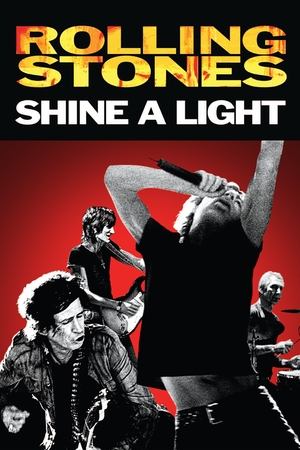 6.8
6.8Shine a Light(en)
Martin Scorsese and the Rolling Stones unite in "Shine A Light," a look at The Rolling Stones." Scorsese filmed the Stones over a two-day period at the intimate Beacon Theater in New York City in fall 2006. Cinematographers capture the raw energy of the legendary band.
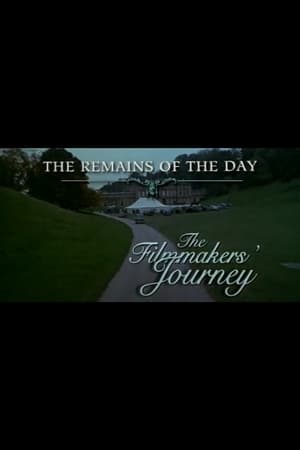 6.0
6.0The Remains of the Day: The Filmmaker's Journey(en)
A documentary about making The Remains of the Day.
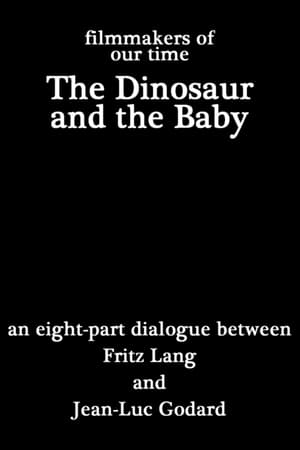 6.0
6.0The Dinosaur and the Baby(fr)
An hour-long discussion between Fritz Lang and Jean-Luc Godard in which they discuss a variety of art forms, the role of the cinema, their collaboration together, and much more. (Filmed in 1964 but released for TV in 1967.)
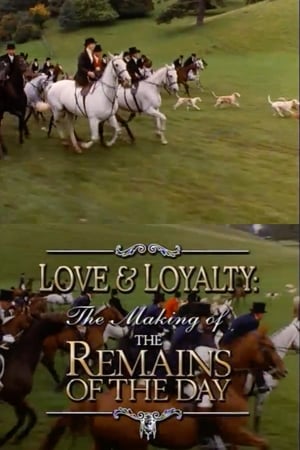 6.0
6.0Love & Loyalty: The Making of 'The Remains of the Day'(en)
The filmmakers and lead actors of The Remains of the Day (1993) discuss how they came to make the film, and the subtle power of its execution.
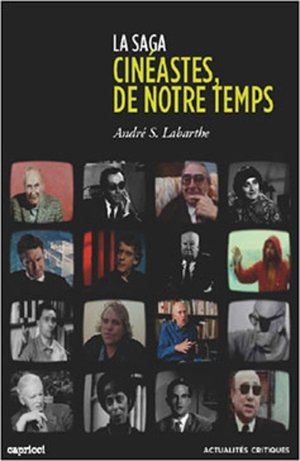 4.0
4.0Cinéastes de notre temps : Max Ophuls ou la ronde(fr)
A 1965 episode of the French television program Cinéastes de notre temps, featuring interviews with many of film director Max Ophuls’s collaborators
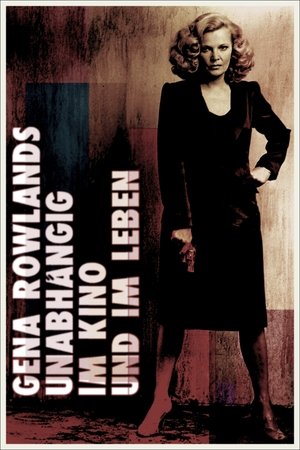 7.2
7.2Gena Rowlands: A Life on Film(de)
An intimate portrait of the superb actress Gena Rowlands, icon of independent cinema. Together with her husband, legendary director John Cassavetes (1929-89), she lived an unusual life beyond the dream factory, a life in which reality and fiction were so perfectly intertwined that it made possible films that still today seem incredibly real.
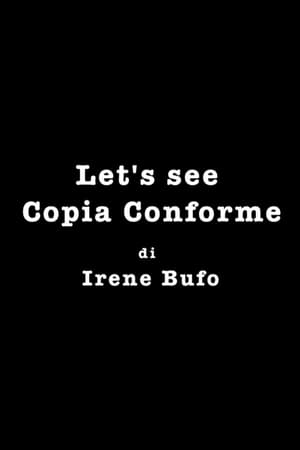 0.0
0.0Let's See Copia Conforme(it)
A behind-the-scenes documentary on the making of Abbas Kiarostami’s "Certified Copy" (2010).
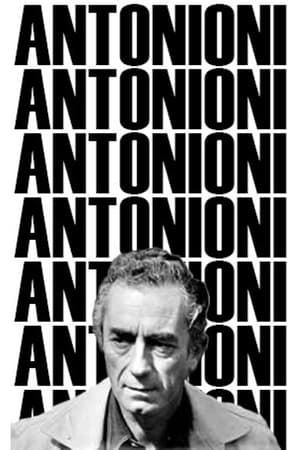 6.2
6.2Antonioni: Documents and Testimonials(it)
A behind-the-scenes documentary about director Michelangelo Antonioni as he's shooting his segment of The Three Faces, a vehicle for Soraya, the former empress of Persia. Featuring interviews with Monica Vitti, Tonino Guerra and more.
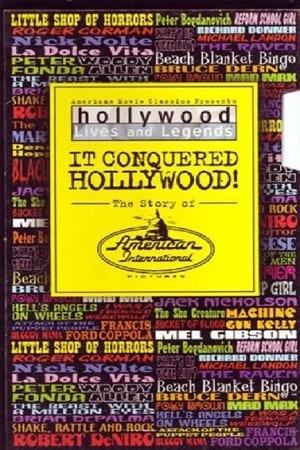 6.8
6.8It Conquered Hollywood! The Story of American International Pictures(en)
A 60-minute salute to American International Pictures. Entertainment lawyer Samuel Z. Arkoff founded AIP (then called American Releasing Corporation) on a $3000 loan in 1954 with his partner, James H. Nicholson, a former West Coast exhibitor and distributor. The company made its mark by targeting teenagers with quickly produced films that exploited subjects mainstream films were reluctant to tackle.
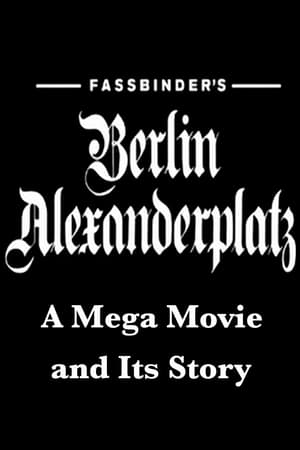 0.0
0.0Fassbinder's Berlin Alexanderplatz: A Mega Movie and Its Story(de)
A documentary about the making of the television mini-series by Rainer Werner Fassbinder, including interviewees with the principal actors.
 6.5
6.5Robert Redford: The Golden Look(fr)
More than anyone in the cynical film industry, legendary artist Robert Redford embodies the United States' brightest side: perseverance, independence, idealism, and integrity. A champion of active environmentalism and the right to openly criticize any institutional abuse, he has put his artistic work at the service of his political commitments, whether as an actor, director, producer, or founder of the Sundance Festival, a formidable forum for his struggles since 1985.

